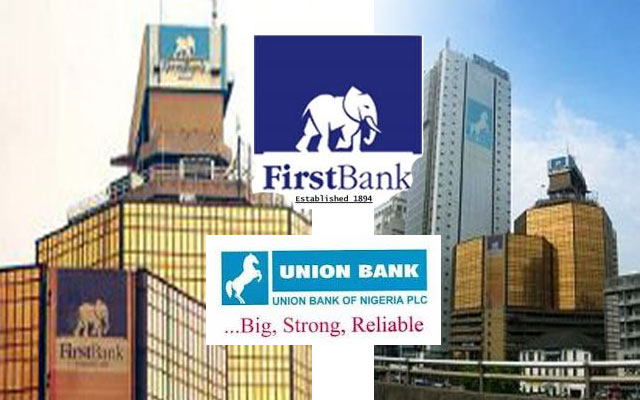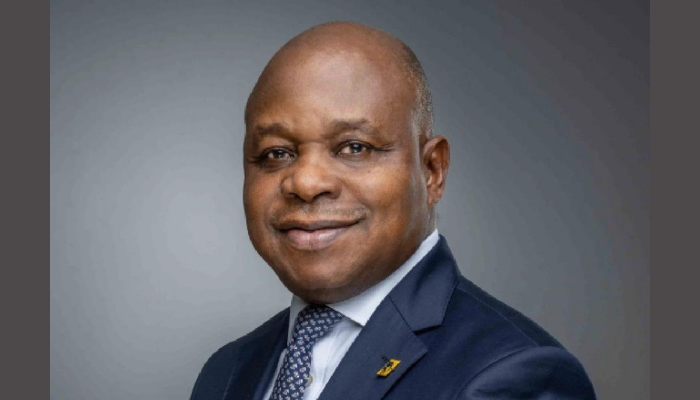- Banks’ NPLs to Drop This Year, Says FSDH
Improvement in Nigeria’s macroeconomic environment will reduce the Non-Performing Loans of deposit money banks this year, FSDH Research has said.
The company said owing to the improved state of the economy compared to last year, more companies would generate better returns and declare more dividends.
These views were contained in the firm’s Economic and Financial Markets Outlook (2018 – 2022) where it outlined strong growth prospect with downside risks. The report was presented to journalists by the Head, Research, FSDH, Mr. Ayodele Akinwunmi.
A major drop is expected on the NPLs linked to the oil/gas sector, according to Akinwunmi, adding that with rising oil prices and production output, oil firms will generate more revenue and meet their debt obligations to banks, thus reducing the NPLs substantially.
About 29 per cent of banks’ NPLs last year were linked to the oil/gas sector.
FSDH Research also forecasts a real Gross Domestic Product growth rate of 3.16 per cent in 2018 and 4.09 per cent in 2019. However, with the population growing at 2.75 per cent, it said the country required growth rate in excess of five per cent to substantially improve the wellbeing of Nigerians.
The company said agriculture, trade, and mining and quarrying sectors forecast growth rates of four per cent, two per cent and 3.2 per cent, would drive the 3.16 per cent growth rate in 2018.
Other leading sectors of the economy that would contribute to the growth, it added, were Information and Communications (2.2 per cent); real estate (2.5 per cent); construction (4 per cent) and manufacturing (one per cent). FSDH Research expects the GDP per capita to recover slightly in 2018.
Akinwunmi said, “The growth in the equity market has created additional wealth that would stimulate effective demand in the economy. Some light manufacturing activities are also taking place — stimulating demand for raw materials from agriculture produce.
“The current crude oil price above $65/barrel will encourage investment activities in the oil and gas sector. Trade sector would also benefit from the increase in consumer purchasing power.
“The opportunities in the economy are: Investments opportunity to increase production activity and to create value addition across most of the profitable segments of the agricultural value chain; import substitution strategies in agro-allied industries; manufacturing sector should receive a boost following the relative stability in the foreign exchange market; federal and state governments to sign more public private partnership deals to promote infrastructure development.
“Construction activities should continue to grow — road, rail, and so on. A rebound in the corporate and infrastructure bond markets is expected, and the real estate sector should attract more investments as the economy improves.”
The downside risk to the growth, according to him, are: The rising social unrest in some parts of the country may affect economic activities and lead to escalating inflation rate; external factors that can lead to a significant drop in the crude oil price may have adverse impact on the economic activities in Nigeria; and there could be capital flight out of Nigeria if there are excessive hike in the interest rates in the advanced economies.
FSDH also forecast a growth rate of 27.43 per cent in the equity market in 2018, adding that the outlook of the equity market remained positive.
It explained, “We expects the macroeconomic environment in Nigeria to strengthen further. Thus, we forecast a growth of 27.43 per cent in 2017 lower than the growth of 42.30 per cent recorded in 2017. We expect a strong rally in the first half of the year 2018.The quarterly analysis of the equity market in the last seven years shows that it appreciated consistently in Q2. We attribute the appreciation in Q2 to the release of the full year earnings and corporate actions during the period.
“Looking ahead into 2018, we believe the following factors will drive the equity market: Improved corporate earnings and corporate actions; increased participation of the foreign portfolio investors; increase in crude oil price at the international market; the expected drop in the yields on the fixed income securities leading to portfolio realignment towards the equity market; and increase in the external reserves providing further stability for the foreign exchange market.
“We see investment opportunities in banking, building materials and consumer goods sectors in the market.”




 Naira4 weeks ago
Naira4 weeks ago


 Naira3 weeks ago
Naira3 weeks ago




 Naira3 weeks ago
Naira3 weeks ago




 Naira3 weeks ago
Naira3 weeks ago




 Naira2 weeks ago
Naira2 weeks ago
 Commodities3 weeks ago
Commodities3 weeks ago


 Sport Business4 weeks ago
Sport Business4 weeks ago


 News3 weeks ago
News3 weeks ago



















